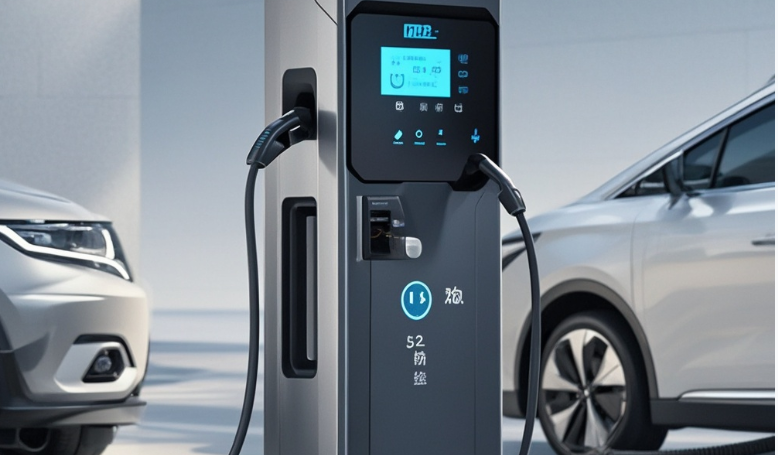Charging Forward: The Leap from CCS1 to CCS2
- afaxpower5
- Oct 8, 2024
- 2 min read
In the rapidly evolving world of electric vehicles (EVs), charging technology plays a pivotal role. The Combined Charging System (CCS) has emerged as a game-changer, with its latest iteration, CCS2, setting new standards for efficiency and compatibility.
CCS1, introduced in 2011, marked a significant milestone by combining AC and DC charging capabilities. However, as EV adoption accelerated, the need for a more robust solution became apparent. Enter CCS2, the next evolutionary step in EV charging technology.

CCS2 builds upon its predecessor's foundation while offering substantial improvements. It supports higher charging speeds, with some stations capable of delivering up to 350 kW of power. This translates to dramatically reduced charging times, addressing one of the primary concerns of EV skeptics.
Moreover, CCS2 boasts enhanced compatibility across different vehicle models and charging stations. This interoperability is crucial for creating a seamless charging experience for EV owners, regardless of their vehicle's make or model. The standardization also simplifies the process for charging station operators, potentially leading to more widespread infrastructure development.
Another notable advantage of CCS2 is its improved communication protocols between the vehicle and the charging station. This allows for more precise control over the charging process, optimizing battery health and longevity. It also enables smart charging features, such as scheduled charging during off-peak hours, which can help reduce electricity costs and grid strain.
As the automotive industry continues to shift towards electrification, companies like AFAX Power are at the forefront of this revolution. They are developing cutting-edge charging technologies that align with the latest standards, including CCS2, to ensure a smoother transition to electric mobility.
The transition from CCS1 to CCS2 represents more than just a technical upgrade; it symbolizes the industry's commitment to improving the EV ownership experience. As charging times decrease and compatibility issues become a thing of the past, the barriers to EV adoption continue to crumble.

Comments